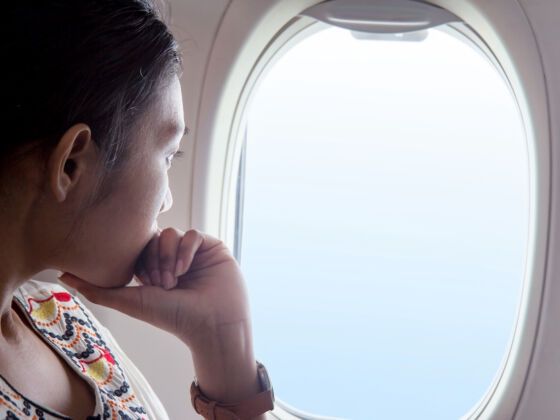“It’s all coming together.”
Those were his last words to me. I never knew about the cancer. He never said a thing. I took the call in a parking lot on the California coast, dropped everything, flew to the side of his hospital bed. Boston will always be the place where he left me, where his last words settled into a rasping breath. I grabbed his hand and straightened the covers so no one would see that a piece of me was dying, too. But I didn’t cry. I never do.
